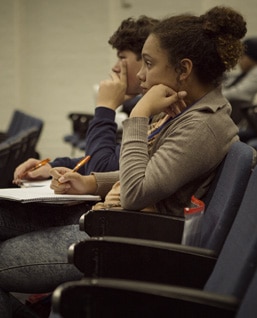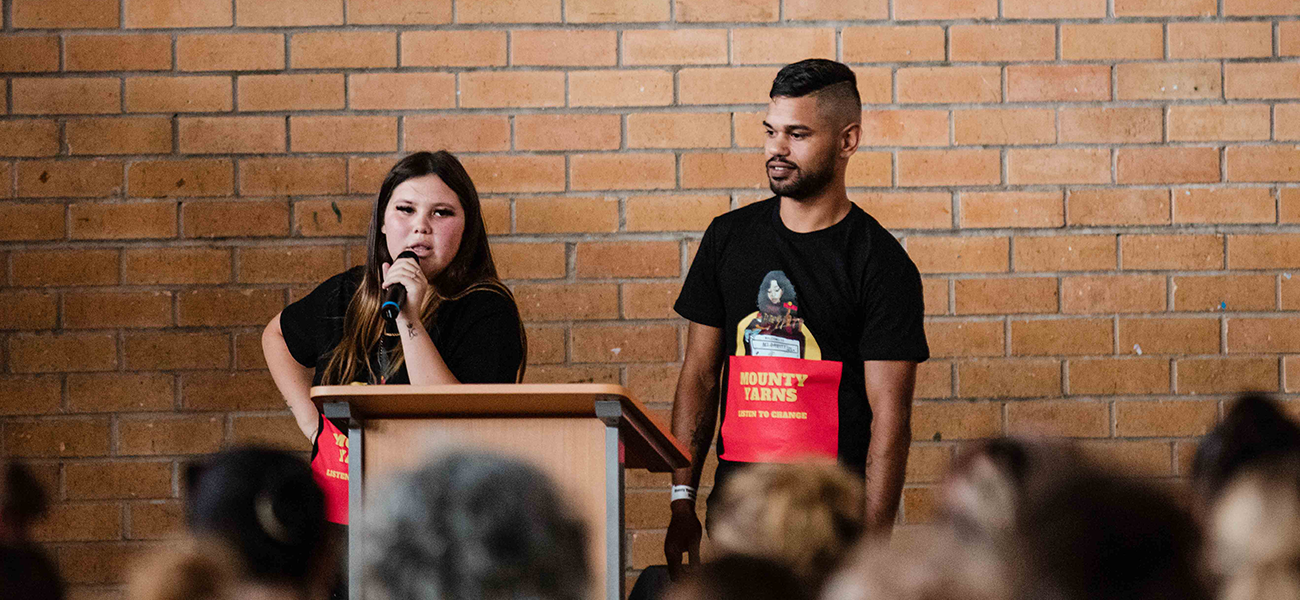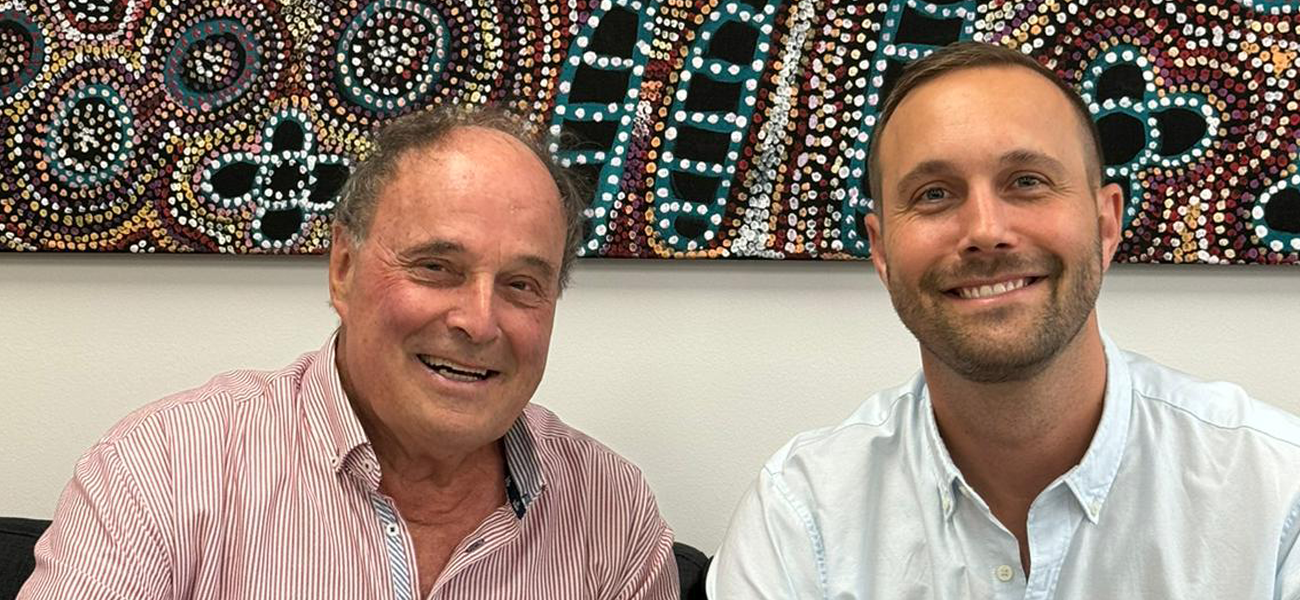Many Indigenous young people experience circumstances that challenge their social and emotional wellbeing and limit their capacity to fulfill their life potential.
The Social and Emotional Wellbeing of Indigenous Youth report was born out of a need to systematically articulate the factors that are critical to achieving the success, sustainability and growth of programs working to support the social and emotional wellbeing of Indigenous youth.
This project offers a deeper and broader understanding of the many programs that help young Indigenous people build their strength and resilience through discovering their creativity, capability and leadership potential.
The paper includes a literature and policy review as well as detailing six in-depth case studies and distils them into four key messages that advance theory and assist policy and practice.
Dusseldorp Forum: This report is the first of its kind. Can you explain how it has helped TAI reflect on your own practice?
TAI: For a long time we have described ourselves as an academic enrichment program, knowing at the same time that the way we work with our students is actually more complex.
This is the first report that has enabled us to reflect on these broader practices and understand why the deep level of support we offer is important.
By establishing the significance of social and emotional wellbeing for Indigenous young people’s life trajectories, the report explains why the forms of support we provide has become increasingly multi-layered. We now have a better understanding of why social and emotional wellbeing is crucial to achieving educational outcomes.
Dusseldorp Forum: How has this report validated what you have been doing instinctively?
TAI: We found it validated many of our core values, practices and organisational approaches. The importance of embedding Aboriginal knowledge and ways of being, relating and doing into all aspects of the program was emphasised as was acknowledging Indigenous sovereignty and the impact of colonisation.
At TAI, Aboriginal knowledge guides how staff relate to each other and the students, how we develop curriculum, how lessons are delivered and who delivers them.
By creating an environment (the report calls it an “Aboriginal home”) programs can enjoy greater connection, resilience, resourcefulness, creativity and growth capacity – elements essential to the ongoing development of a sustainable program.

Dusseldorp Forum: How did the report help TAI identify focus areas that will ensure you build a strong, sustainable program?
TAI: We are mid-way through a five and a half year pilot so now is a great time to take stock and reflect.
As part of this process, we have adopted a few of the report’s frameworks.
We have worked through the ‘Four Stages’ flow diagram (pg 67) to assess where we felt TAI fit. This guided discussion around how sustainable TAI is (as a pilot) and to what extent we are reaching our full potential across areas such as staffing, levels of student contact, ripple effect and impact measurement.
In terms of measuring and articulating our impact, we have found the ‘Healing Space’ diagram (pg 63) a helpful way to understand and track the changing levels of social and emotional wellbeing in our students during their involvement with TAI.
In the future, we know we need to engage more Aboriginal and Torres Strait Islander people in management and board positions.
We are also increasingly aware of how we can establish and support our student’s safe passage through the various services available to them in their communities.
The report also touches on the importance of sharing knowledge. We are passionate about this, particularly as we are at a mid-way point in our program. One of the ways we have already started to share knowledge is to mentor our students to publish in the academic sphere (a year 11 student is currently writing a paper with TAI staff for an upcoming Australian Curriculum Assessment and Reporting Authority journal).
Dusseldorp Forum: Which elements of the report were surprising to TAI?
TAI: Although we haven’t considered ourselves a social and emotional wellbeing program, we seem to be reaching a lot of the targets associated with them. The report has helped us understand some of the elements that contribute to this, such as focusing on our student’s strengths, acknowledging their complex contexts and keeping Indigenous values at the core of what, why and how we do things.
Dusseldorp Forum: What do you feel are the key ways that TAI are supporting the social and emotional wellbeing of your students?
TAI: It comes back down to our overarching values and goals, the relationships we have with our students and the way we support them through the program. For all involved, we are like a family. Students feel that sense of belonging.
We also acknowledge the connections of all our students to family, country, and communities. Students are supported by Traditional Owners, Elders and local communities from our camp locations in addition to receiving consistent support from Indigenous mentors during and between camps.
The involvement of local community members also means we are responsive to people and places, which ensures we better meet the needs of our students.
The report also highlights that a programmatic acknowledgment of our shared history in Australia and a commitment to Indigenous self-determination are crucial elements in enhancing the social and emotional well being of young people.
At TAI we have been able to provide students with language and metaphors for understanding the local, national and international context in which they live and learn. This is always balanced with high expectations for the students in the program and a belief that despite immense challenges, students have the agency and capacity to draw from their cultural and personal strengths to succeed in their studies.



